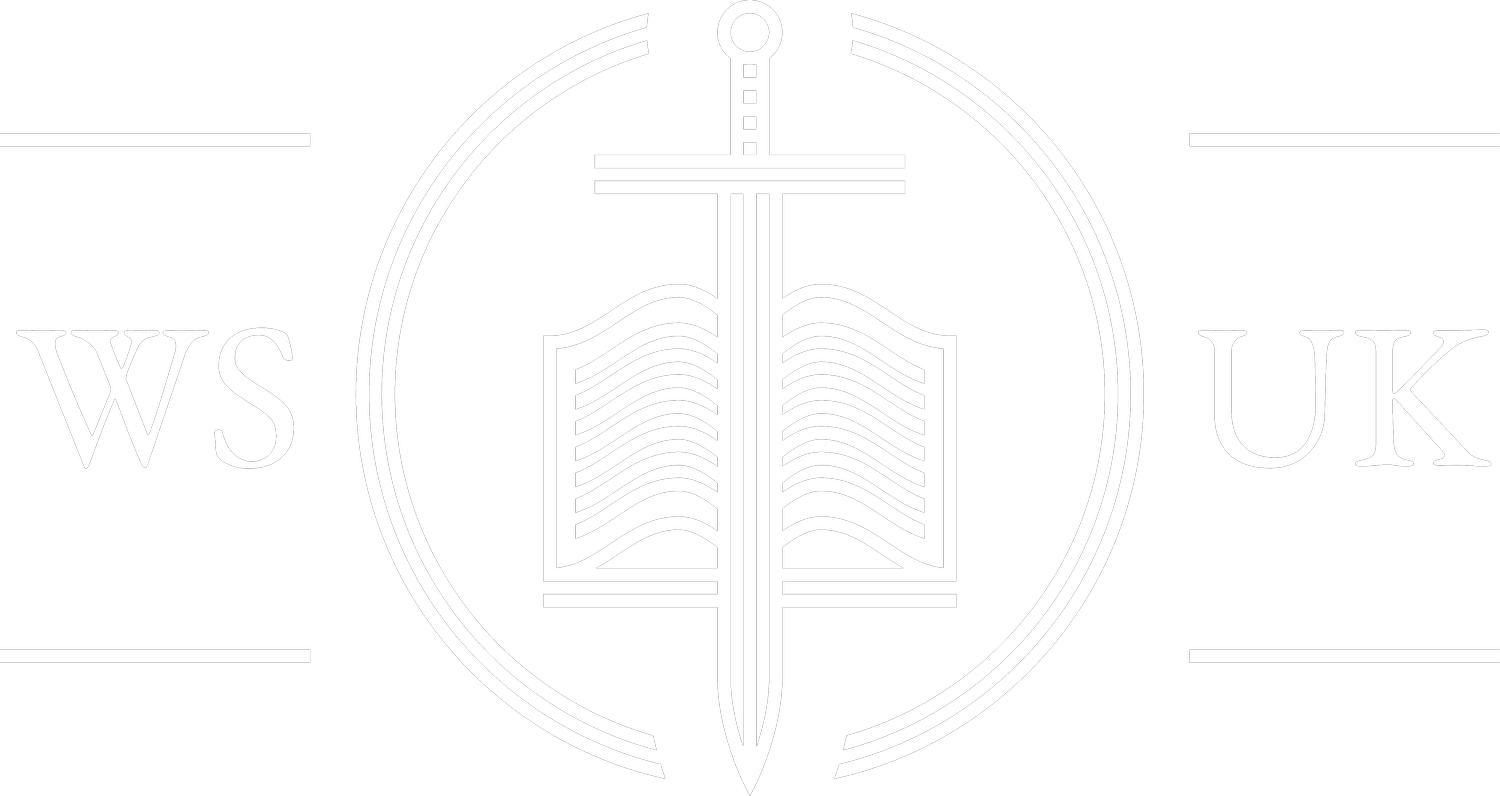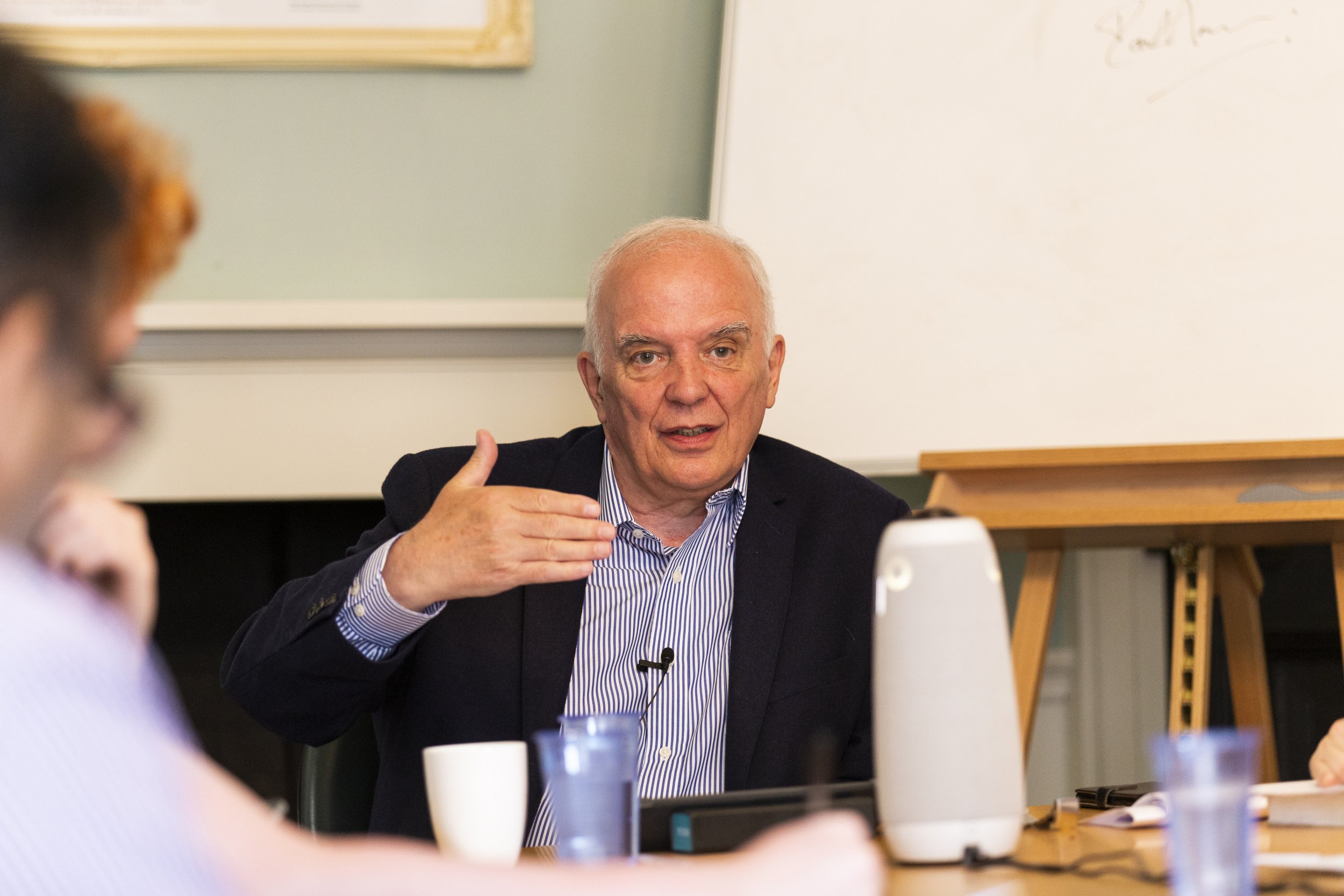
MAR
MASTER OF ARTS IN RELIGION
For people seeking in-depth theological education
Courses: 16
Credit hours: 44
Years to complete: 1–3
Delivery: On site and online
Registration: 31 July to start in the Autumn semester, or 31 December to start in the Spring semester
CURRICULUM
Our Master of Arts in Religion programme provides you with a robust Biblical and theological education, so that you can flourish in whichever ministry God has called you to.
SEGMENT ONE
This segment will sharpen your interpretation, deepen your understanding and strengthen your application of God’s Word in your ministry.
-
An introduction and overview of the content of the Torah (the first five books of Moses), with particular attention to the literary structure and themes of the Torah as a whole, as well as of each book individually.
-
An examination of the historical progress of God’s revelation in the Old and New Testaments
-
An in-depth study of the New Testament “Pentateuch.” Each book is analysed using a biblical-theological approach including its theme or purpose, special features, and placement in the flow of redemptive history. Attention is also given to such areas as the alleged Synoptic problem, the unity of Luke-Acts, and the tabernacle motif in John’s Gospel.
-
A prelude to Prolegomena, which, in classic Reformed theology, treats the character of the true theologian as integral to the study of true theology. This course aims to develop godly character and personal piety in theological students. It progresses from foundational principles of biblical godliness to personal spiritual qualities and disciplines, family piety, and the character needed to study theology proper. The course stresses the congregational as well as the personal spirituality of a gospel minister.
SEGMENT TWO
This segment will introduce you to the history of God’s people from the early church to the present, and help you consider the development of doctrine over four distinct periods.
-
A study of the early church from Pentecost through the age of Augustine and Gregory I, with emphasis on the key events, leaders and challenges that impacted the doctrine, worship and growth of the church. Attention is paid to the ways in which this period of Church history laid a foundation for future eras.
-
A study of the doctrinal and organisational development of the church in the Middle Ages, including the rise of the sacramental system and the sacerdotal clergy with due emphasis upon the influence of the church on European society and the effect of European society on the church.
-
A study of the rise of the Renaissance and its relationship to the Reformation and the work of the Reformers Luther, Calvin, Zwingli, Knox, Bucer, and their colleagues. Included is an in-depth look at the Roman Catholic Counter-Reformation and the work of the Council of Trent.
-
A study of the development of modern Protestantism and Roman Catholicism after the Reformation, with emphasis on later doctrinal developments in these movements, the great revivals of the Post-Reformation era, the rise of modern theological liberalism, Neo-Orthodoxy, and recent trends in modern theology.
SEGMENT THREE
This segment will ground you in core doctrines from Systematic Theology and equip you with the basic understanding and skills required to engage effectively in Apologetics & Ethics.
-
A survey of the system of Christian thought using the Westminster Confession of Faith and Catechisms as guides, with the intent of grounding students in biblical Reformed theology. Includes required readings in Calvin’s Institutes, as well as catechism memorisation.
-
Prolegomena treats the doctrine of Scripture and the doctrine of God as providing the fundamental principles undergirding theology as a discipline. Stresses definitions of theology and the doctrine of Scripture in particular. Theology proper treats the doctrine of God, the Trinity, divine decrees, the definitions of theology, and the doctrine of Scripture, highlighting the practical elements of Trinitarian theology.
-
A study of the doctrines of creation, the creation of man, the Imago Dei, the covenant of works, the fall of man, and the effects of sin on creation, demonstrating the theological importance and pastoral usefulness of these truths.
-
A study of the doctrines of the plan of salvation, the covenant of grace, the person and work of Christ, and the ordo salutis, with the application of salvation, from regeneration to assurance, demonstrating the theological importance and pastoral usefulness of these truths.
-
Treats the doctrine of the church in relation to the Trinity, covenant, and Pneumatology. Examines the doctrine of the church from Scripture and then shifts into the nature and practice of biblical polity, or church government, aiming in particular at developing the students’ love for the church and their ability to participate in the courts of the church at every level.
-
An introduction to the task and method of defending the Christian faith. Major approaches to apologetics are surveyed including those of CS Lewis, Cornelius Van Til, William Lane Craig and Tim Keller. Key topics are explored, such as suffering. The course is Preparatory to Advanced Apologetics.
-
This course presents a coherent Reformed theological approach to Ethics and helps us apply God’s loving Law to contested areas of life. The Ten Commandments and Redemptive Historical Theology take leading roles in this course, enabling a biblical evaluation of contemporary approaches to Ethics.
-
An additional course of the student’s own choice
WAYS TO LEARN
Full-time or part-time; on site in Newcastle or online for up to 2 years—study in a way that works for you. Find out more about ways to learn with Westminster Seminary UK.
MEET OUR FACULTY
Our faculty are all pastor-theologians who are passionate about helping you prepare to proclaim Christ wherever He calls you.
ENQUIRE & APPLY
Find everything you need to take your next step and begin your application today.


